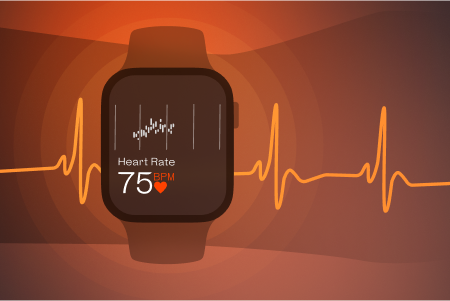
Measuring Resting Heart Rate
From manual pulse counts to the latest in app technology, dive into the transformative journey of heart rate monitoring
Home » Sex & Relationships » Sex or sports: what’s better for you?

Sex can be an enjoyable addition to your regular exercise routine, but it can’t replace even mild aerobic exercise and has only an indirect effect on immunity, if any.
Sexual and aerobic activity can feel very similar – you’re moving, breathing heavily, feeling warm all over, and you feel a pleasant tiredness when you’re done. But feelings can be deceiving, so let’s look at some facts.
There are many benefits to getting busy. Sex has been shown to reduce pain and stress thanks to endorphins, reinforce intimacy thanks to the release of oxytocin, and help you sleep better. But sexual activity is not a replacement for actual exercise. It does have one undeniable advantage: 98% of the participants in the track-walking study admitted that sex is much more fun and pleasure is the best motivation.
Welltory x Reminder, 21 Oct. 2022

From manual pulse counts to the latest in app technology, dive into the transformative journey of heart rate monitoring
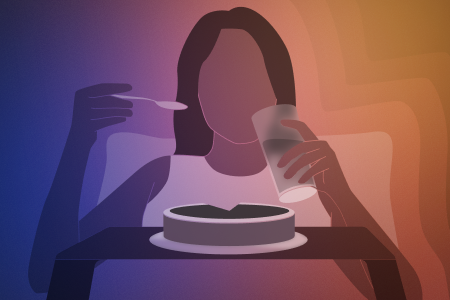
Discover the intricate relationship between late-night eating and its impact on sleep duration and quality
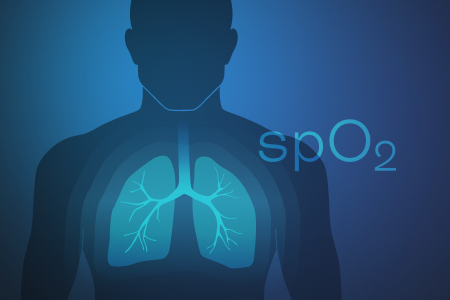
From boosting cognitive function to enhancing physical performance, discover the impact of blood oxygen levels on various aspects of health

The relationship between stress and productivity and how Welltory can help you plan better
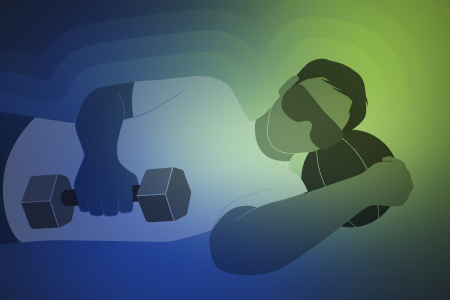
Does sleeping burn any calories, should you exercise right before bed and how much do you need to sleep to burn a 1000 Cal
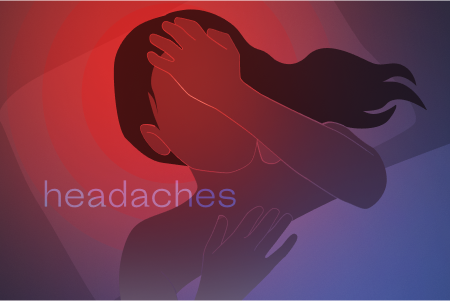
All you needed to know about headaches at night – types of nighttime headaches, their causes, possible treatment and how to avoid them.
 App Store
App Store
 Google Play
Google Play
 Huawei AppGallery
Huawei AppGallery
 Galaxy Store
Galaxy Store







